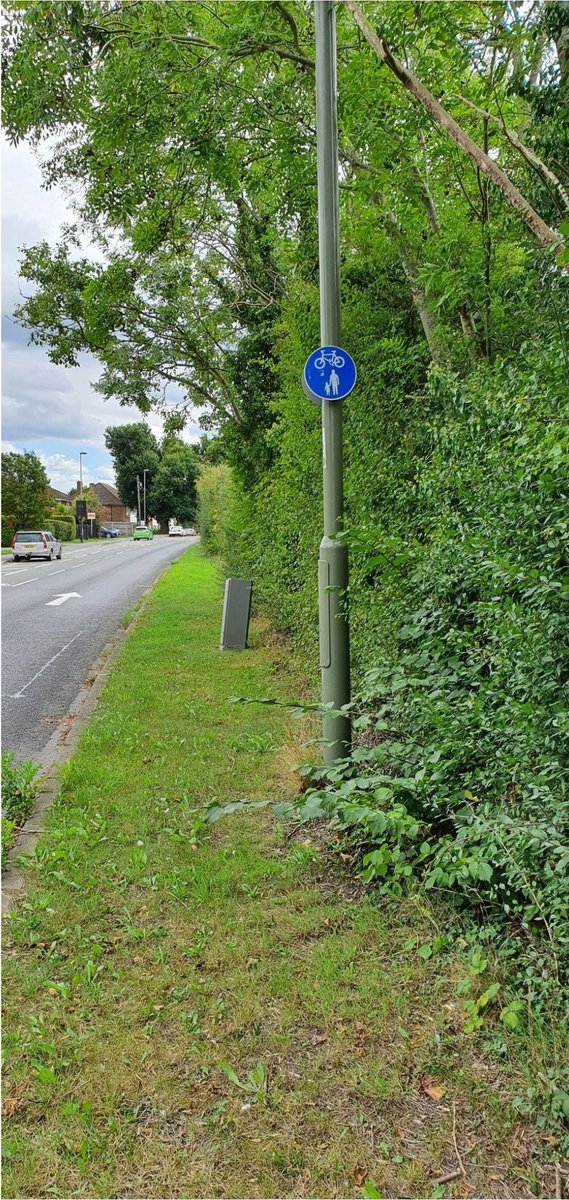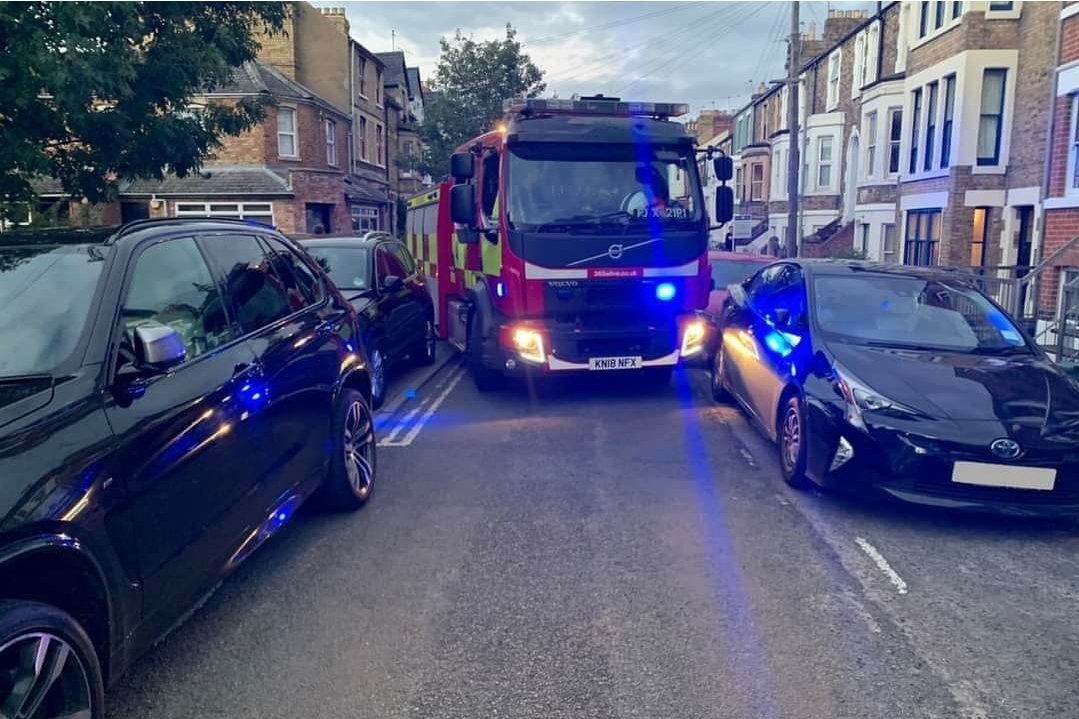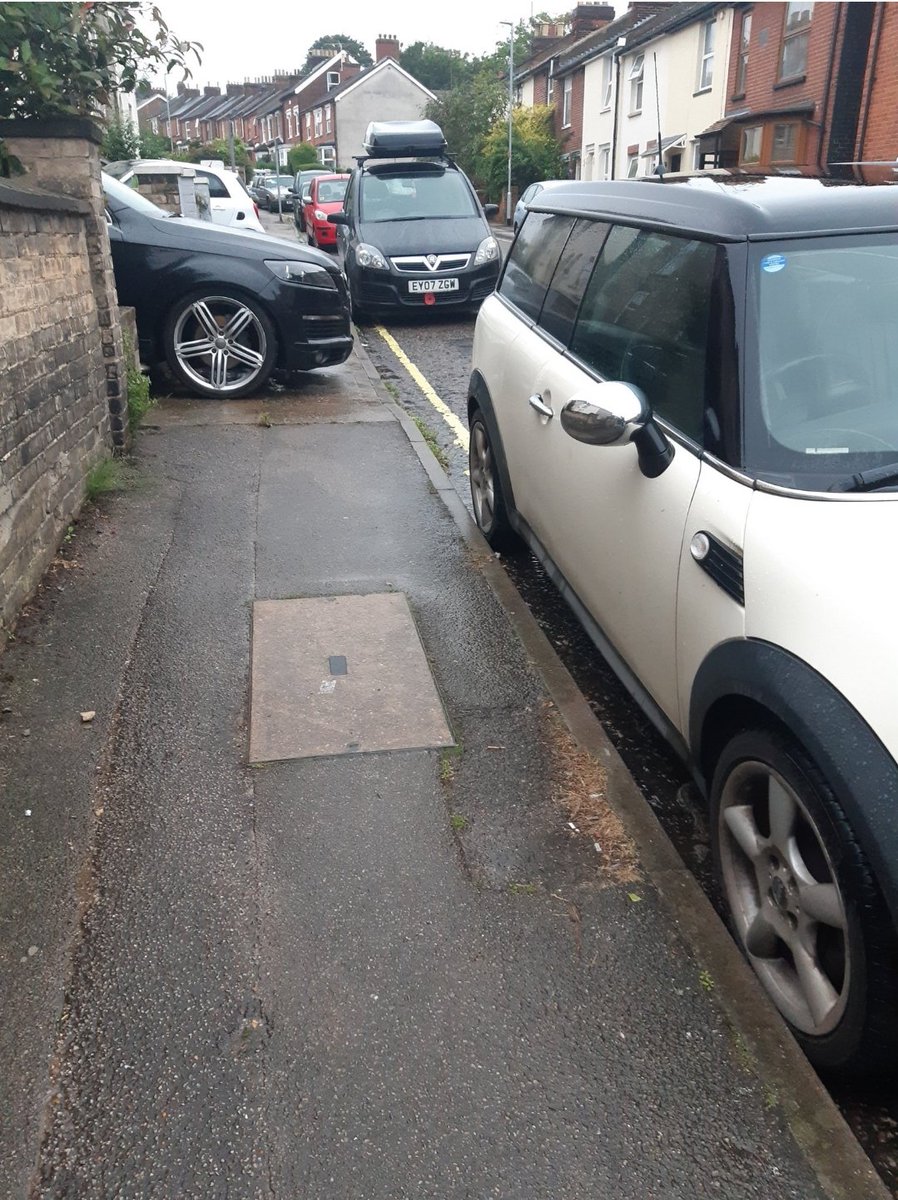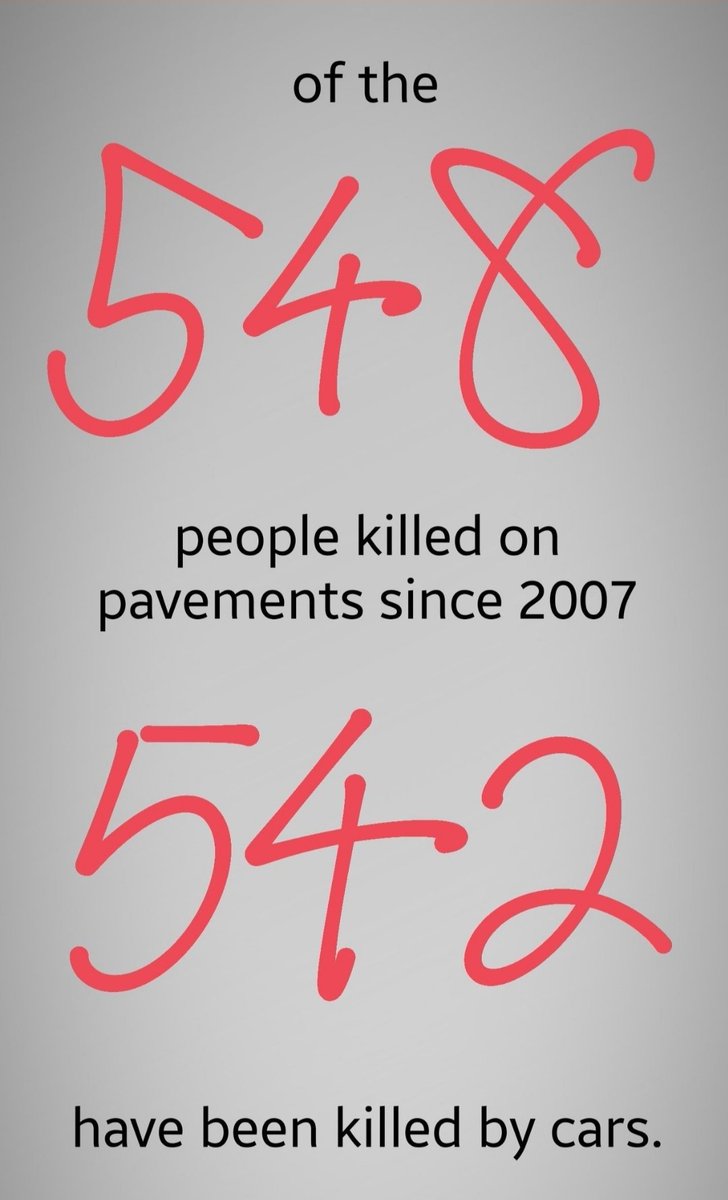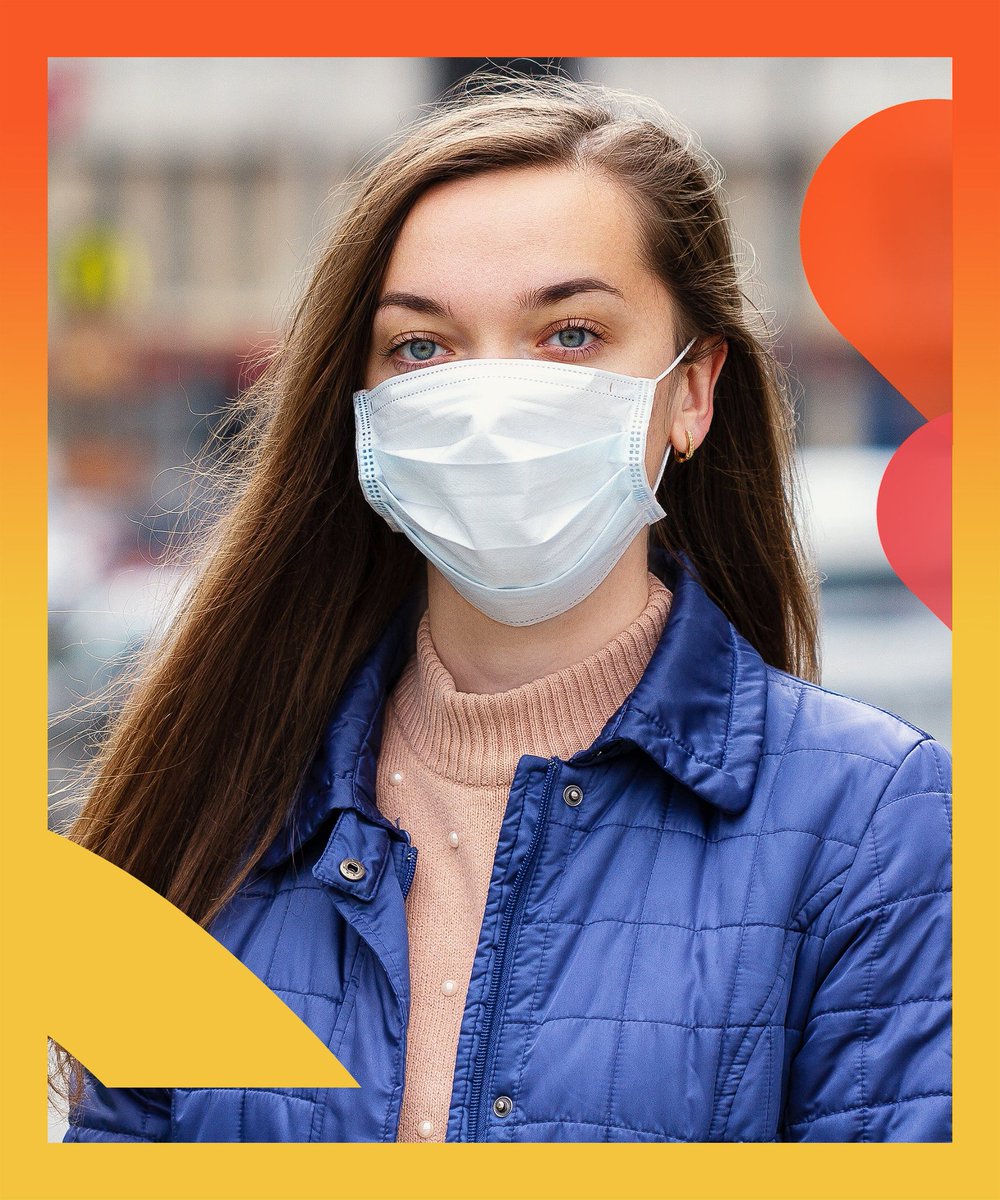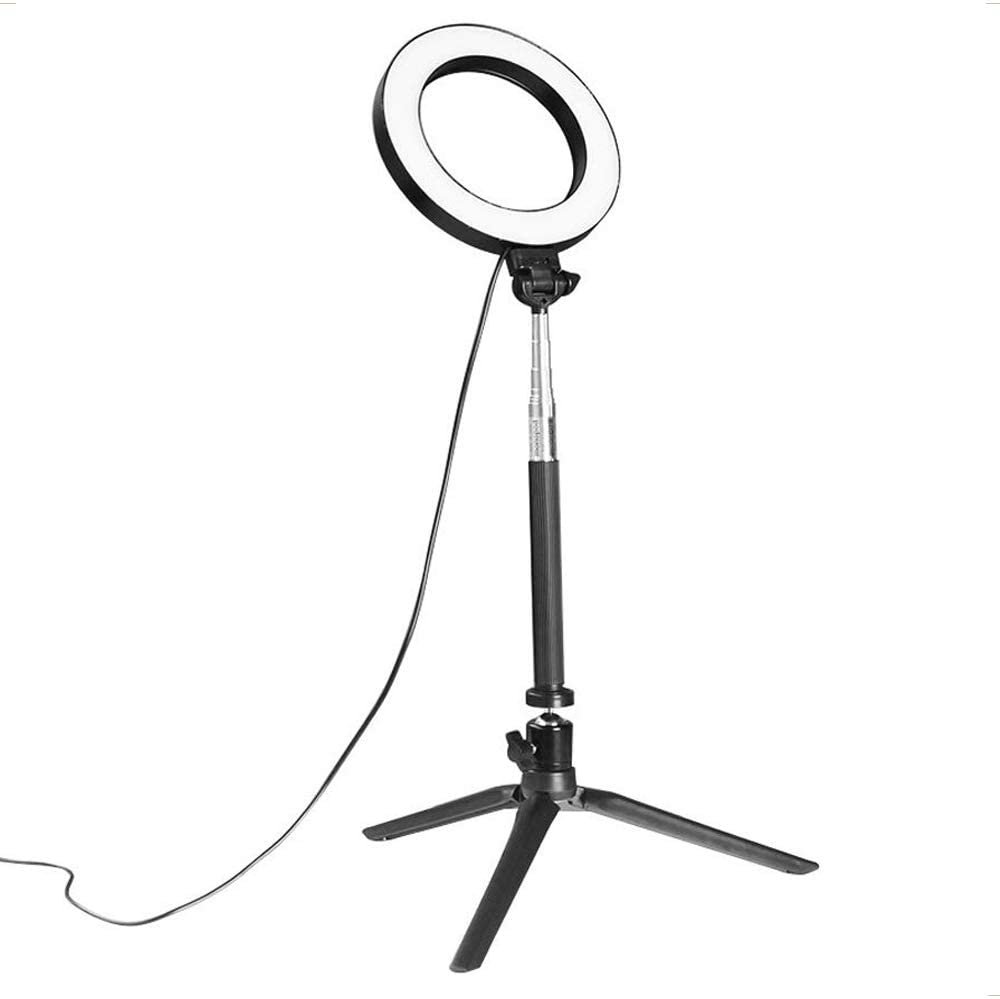
Last night saw exceptional levels of traffic near my home in west London. This was caused in part by a serious car crash in Shepherds Bush. But there was also a massive surge onto the roads by people running errands, including Christmas shopping, before the second lockdown.
Disappointingly, a number of people have since used the exceptional traffic levels to argue that places like Chiswick, Kensington and Hammersmith should now rip out all their cycle lanes — which have only just been put in place after years of campaigning.
By way of example, this post from a prominent Chiswick councillor talked today about cycle paths as a “triumph of evil” that have resulted in “the destruction” of her home town. 
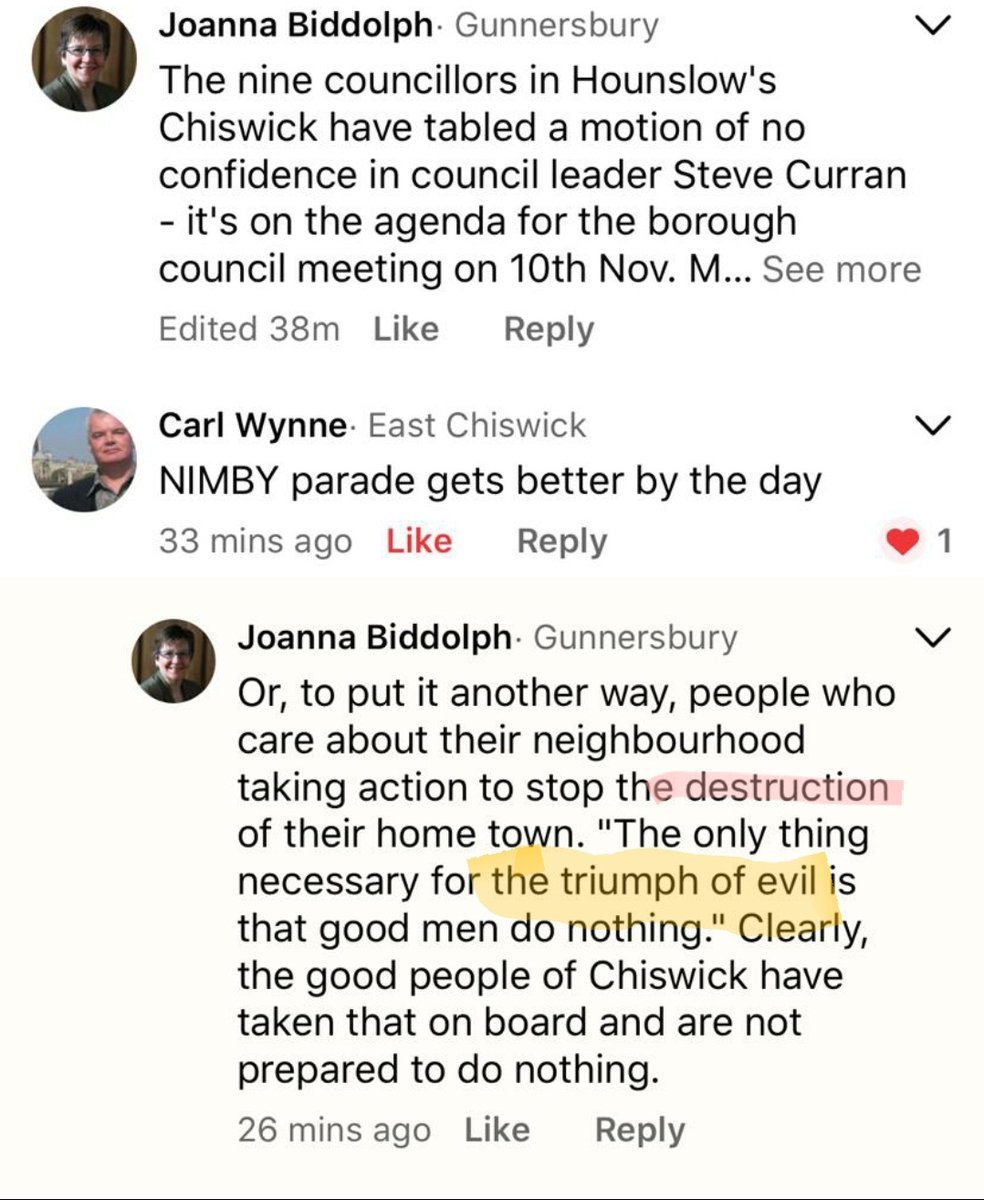
This brings to mind a similar attack on the cycle lane from a local church, which tried to stop it being built by claiming it would “do more damage than the Luftwaffe.” 
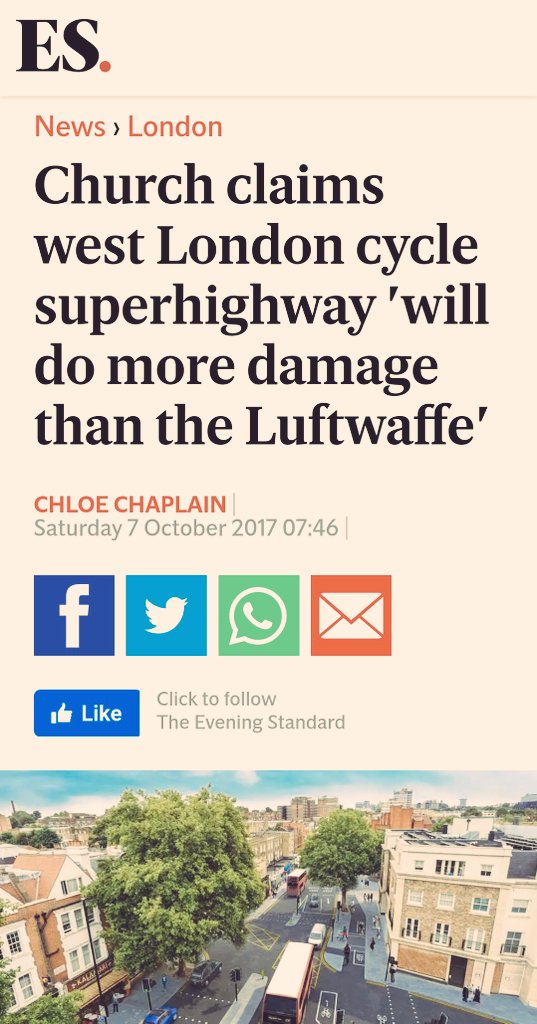
Addressing solely the issues arising yesterday, it is worth pointing out: shocking traffic and dangerous pollution have been a feature of London for decades. 
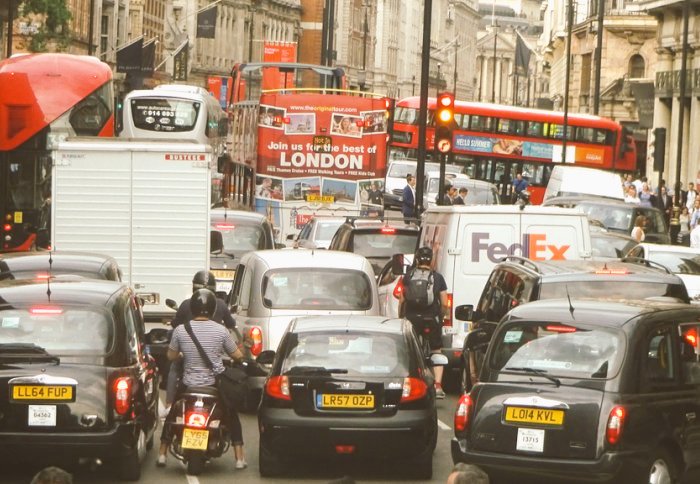
Furthermore, the cycle lanes didn't cause the traffic yesterday — they simply allowed some people to avoid it. If all the cyclists used 4x4s instead, the jams would have been even longer.
But last night took things to a new level — drivers stuck in traffic, caused entirely by an excess of cars at a given moment, seeking to use their own behaviour to dismantle the tiny number of safe routes built for people who ride a bike.
For more info:
For more info:
https://twitter.com/jonburkeUK/status/1321049753166249986?s=19
Great cycling accounts to follow: @HounslowCycling @WeAreCyclingUK @MikeyCycling @IndieChris71 @cyclegaz @righttobikeit @bike_rogers @LocalTemple @anneramsey740 @PompeyCyclist @feckitdotcom @gazza_d @mzdt @PauloCampbell @_Dermatologist @RuthMayorcas @CloverSummers @RnFat 
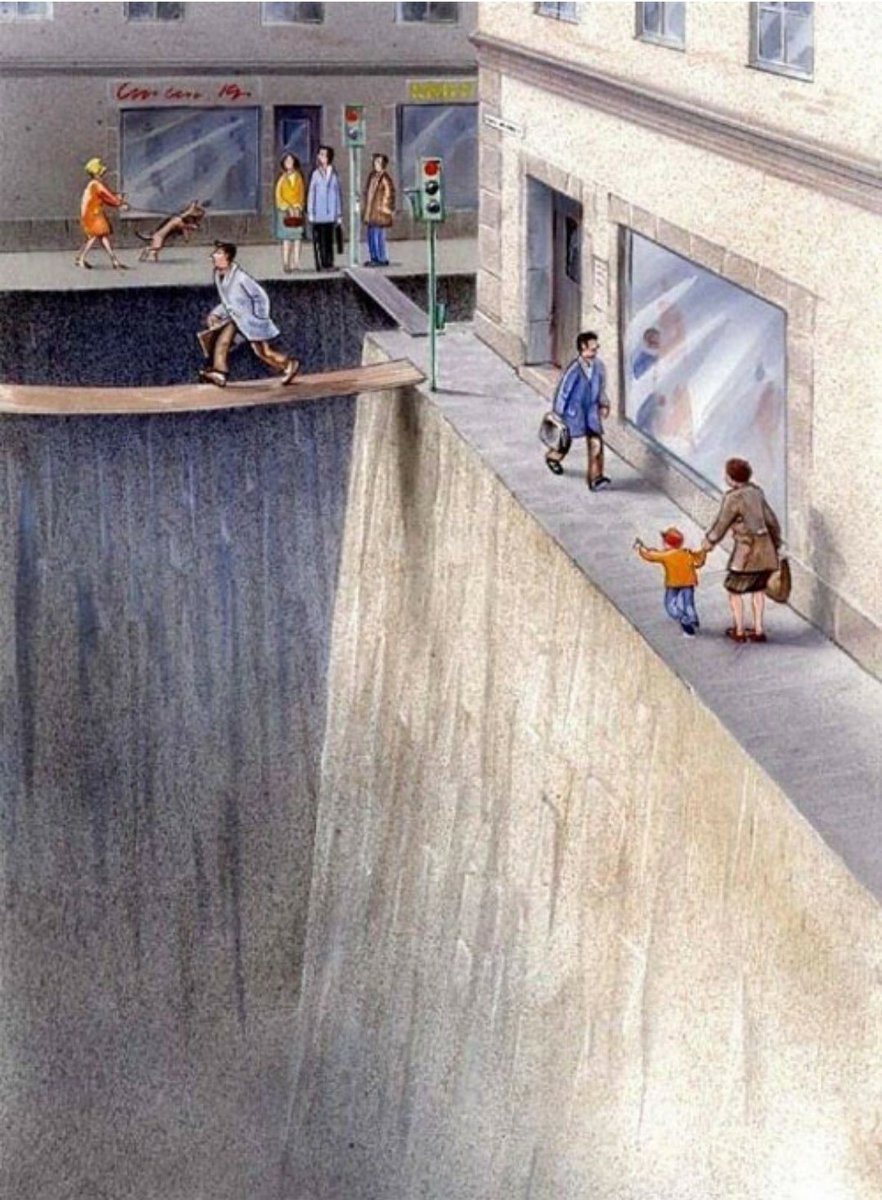
Apologies to anyone missed off this list, like @BobFromAccounts and @EalingCyclists
It's been pointed out to me that the local church also asked for people to pray that God would cancel the cycle lane 
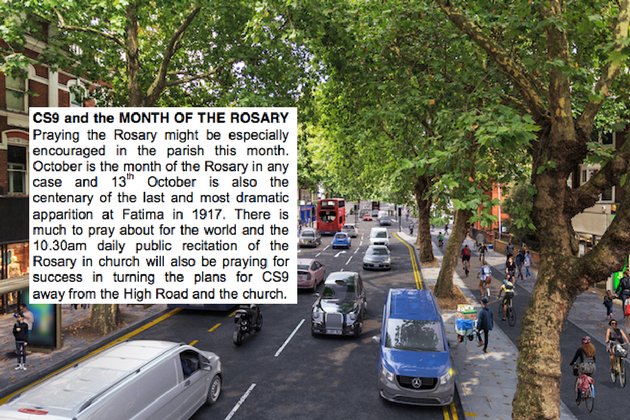
• • •
Missing some Tweet in this thread? You can try to
force a refresh
